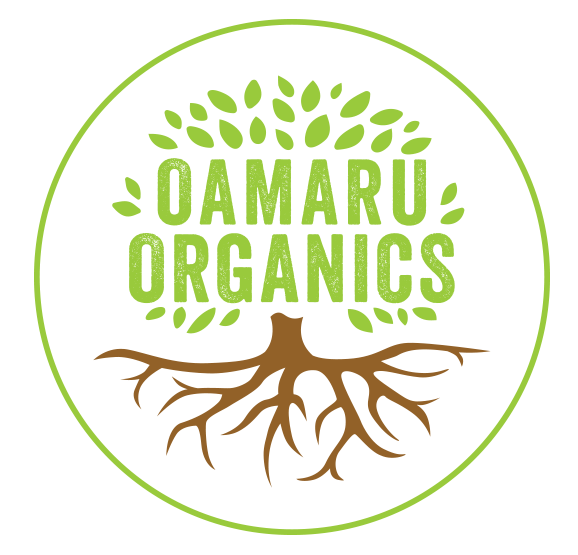Pesticides are widely used in New Zealand for various agricultural, horticultural, and forestry purposes to protect crops from pests and diseases. However, the use of pesticides also poses significant risks to the environment and human health. In this blog post, we will discuss the dangers of commercially used pesticides in New Zealand.
- Environmental Pollution:
The use of pesticides in commercial farming can lead to environmental pollution. Pesticides can contaminate the soil, water, and air, leading to severe environmental degradation. Pesticides can also kill beneficial insects, birds, and other organisms, causing significant ecological imbalances. Furthermore, the residues of pesticides can persist in the environment for years, posing long-term risks to the ecosystem.
- Human Health Risks:
Pesticides are toxic chemicals that can pose significant health risks to humans. Exposure to pesticides can cause a range of health problems, including skin and eye irritation, respiratory problems, cancer, and neurological disorders. People who work in agriculture or live near farms that use pesticides are at the highest risk of exposure. Children are also particularly vulnerable to the harmful effects of pesticides as their developing bodies are more sensitive to toxic chemicals.
- Pesticide Resistance:
Overuse of pesticides can lead to the development of resistance in pests, making them less susceptible to the effects of the chemicals. This means that farmers must use higher doses or more potent pesticides, which can lead to further environmental pollution and health risks.
- Impacts on Wildlife:
Pesticides can have significant impacts on wildlife, especially birds, bees, and other pollinators. These organisms can be exposed to pesticides through contaminated water, soil, and food sources. Exposure to pesticides can lead to behavioral changes, reproductive failure, and even death in some cases. The loss of pollinators can have severe consequences for agriculture, leading to reduced crop yields and food shortages.
- Contamination of Food:
Pesticides can also contaminate food crops, posing risks to human health. Residues of pesticides can remain on fruits and vegetables, even after washing and cooking, exposing consumers to harmful chemicals. Long-term exposure to pesticide residues in food can lead to chronic health problems, including cancer, reproductive disorders, and developmental problems in children.
https://www.sciencedirect.com/science/article/pii/S0160412022001325
https://soilandhealth.org.nz/media-releases/nz-food-samples-still-stacked-pesticide-residues/
In conclusion, the use of pesticides in commercial farming poses significant risks to the environment and human health. To reduce these risks, it is essential to adopt more sustainable and environmentally friendly farming practices. Farmers can use integrated pest management techniques, crop rotation, and biological controls to reduce reliance on pesticides. Consumers can also play a role by choosing organic produce, which is grown without the use of pesticides. By working together, we can protect our environment and promote healthy food production in New Zealand.

